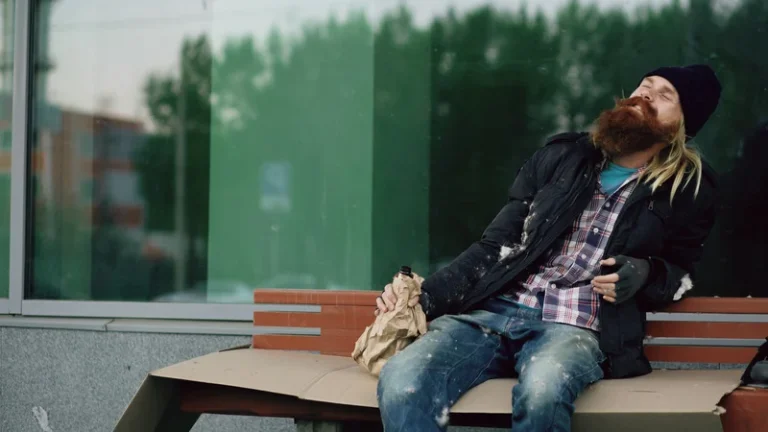
Speak with your healthcare provider to determine which treatment plan is best for your individual situation and stage of addiction. Substance abuse treatment can begin no matter what stage of addiction you’re currently experiencing. However, the sooner treatment begins, the less intensive the treatment will need to be, and the less harm will be done to your health and relationships. In this next stage of addiction, the individual begins to choose the correct cycle of addiction. use the substance repeatedly to feel the positive effects, cope with existing issues, or escape reality. This first use of drugs or alcohol might be all it takes to form an addiction due to the rush of dopamine to certain neurotransmitters in the brain.

Treatment Options
Drug dependence should not be mistaken for addiction or drug abuse, as these are different stages in the drug addiction journey. It is the result of drug abuse and one of the symptoms of full-blown addiction. As a result, the person using the substance may increase the dosage or frequency of use to try to recapture the original result. Then, over time, tolerance to this new dosage occurs, and the person increases again, creating a progression into heavy substance abuse. As an example, for illicit substances used to feel a “high,” even one use is considered to be abuse. Some of these illicit substances can also result in tolerance within one or two uses.
For people supporting recovery
- They ensure ongoing support or flexibility without losing care quality1011.
- But relapse does not equal failure; with the right addiction treatment programs, individuals can break this cycle of addiction.
- In this next stage of addiction, the individual begins to use the substance repeatedly to feel the positive effects, cope with existing issues, or escape reality.
- The action stage is where individuals actively take steps to overcome their addiction.
- Making it through each stage, from not considering change to doing something about it, and then keeping up the good work, marks hope and a roadmap for recovery.
- Getting sober isn’t something you do alone; it’s supported by community, proven treatments, and a society ready to help.
In the initial stage Oxford House of precontemplation, individuals may not recognize or admit that they have a problem. Often, they are in denial about the negative impact of their substance use, believing that their behavior is under control. This stage is characterized by a lack of awareness, where the individual may not see the need for change, despite the concerns of others around them. Understanding that this denial is a common first step is crucial for both the individual and their support network. It’s when a person first tries a substance or engages in a particular behavior (like gambling or excessive internet use).
The Addiction Cycle: What Are The Stages of Addiction?

You may have gotten a DWI/DUI or had other negative legal consequences. Your performance at work or school may be suffering, along with your relationships with others. You may have changed your circle of friends and your behavior has almost certainly changed. Even if you consume a lot in a particular instance, the decision to use is made in the rational brain (i.e. you choose to use drugs or alcohol instead of being unconsciously ruled by an automatic response). You could even binge drink (i.e. a man having five or more drinks or a woman having four or more drinks within two hours) without straying outside of the experimentation stage. While the journey towards recovery may be long and difficult, it’s important to remember that it’s never too late to seek help.

What is an example of drug tolerance?
- While a periodic hangover at work or an event is acceptable for Stage 3, at Stage 4 instances like that become a regular occurrence and its effects become noticeable.
- Withdrawal symptoms may also manifest when substance use is reduced or discontinued.
- Drug tolerance and drug intolerance are two distinct phenomena related to the body’s reaction to medications.
- The more risk factors someone has, the more likely drug use will result in addiction.
This first substance use may be all it takes for someone to develop an addiction. In this final stage of addiction, the individual attempts to stop using the substance but experience intense withdrawals. These withdrawals may be so extreme you’re willing to do anything to obtain the substance. The fourth addiction stage differs from the abuse stage because the person typically realizes they have a substance problem at this point. Their addictive behaviors become so severe that they cannot function without their substance of choice.


